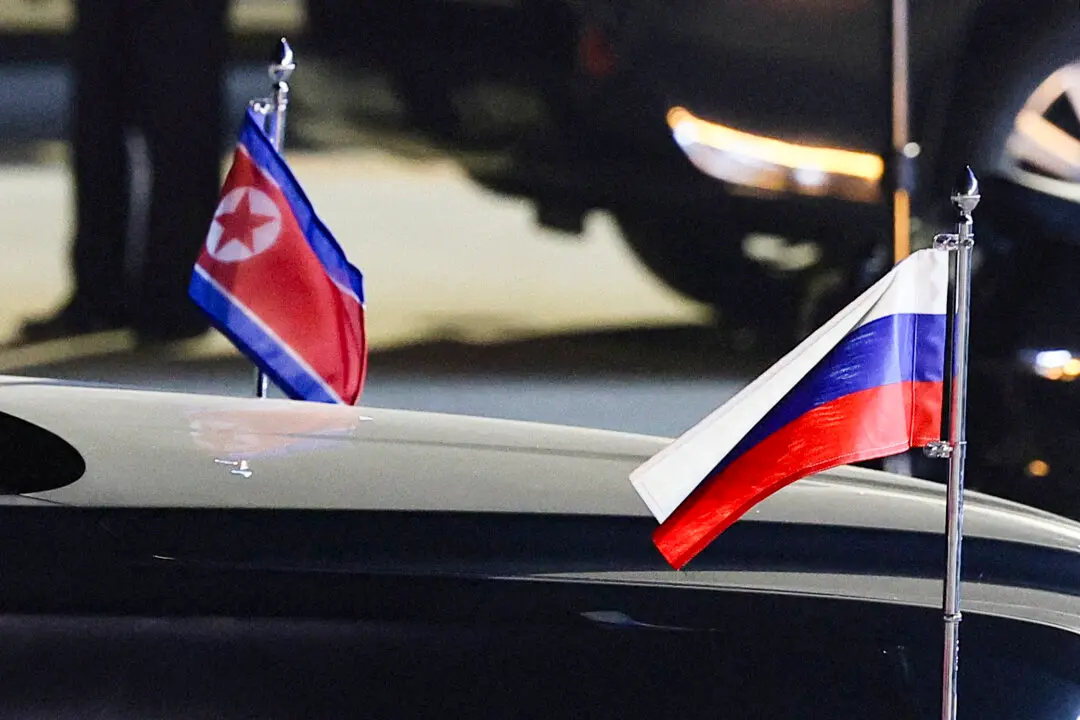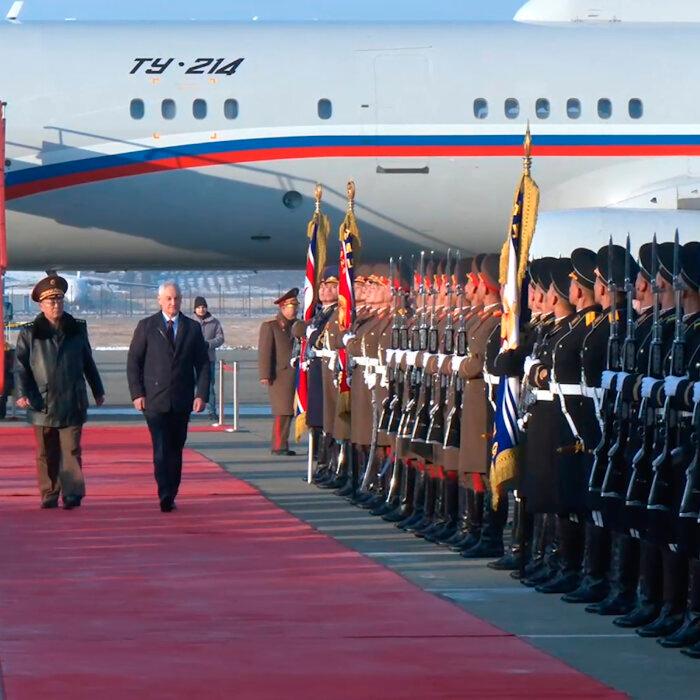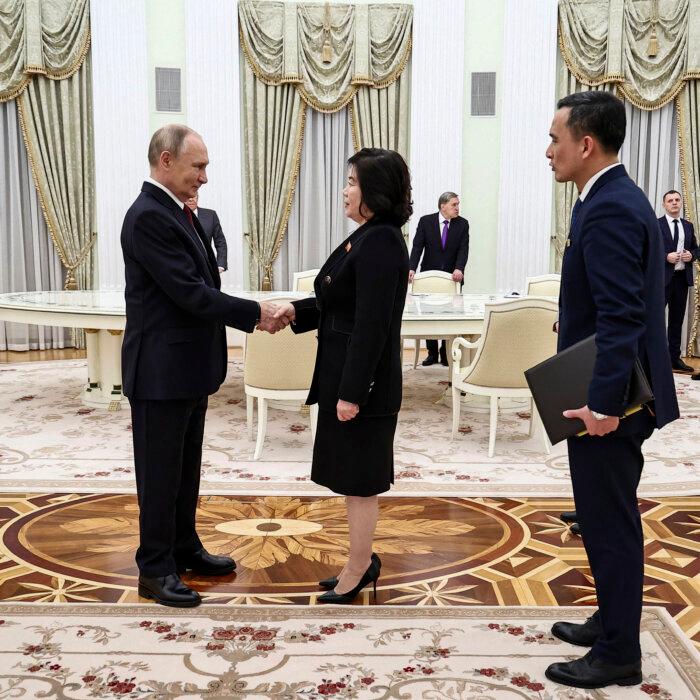North Korean troops have joined Russian forces in combat in Kursk, with the Pentagon indicating that some have been killed or injured.
“We do assess that North Korean soldiers have engaged in combat in Kursk ... we do have indications that they have suffered casualties, both killed and wounded,” Pentagon spokesperson Major General Pat Ryder told reporters on Dec. 16.
Ukrainian forces overran parts of Russia’s western Kursk region this summer in a cross-border offensive. Since then, Russian ground forces backed by aircraft and artillery have succeeded in recapturing most—but not all—lost territory.
North Korean Soldiers
Ukraine’s HUR military spy agency said on Monday that North Korean units fighting for Russia sustained losses of at least 30 soldiers killed or wounded around several villages on the front in Russia’s Kursk region over the weekend.“Due to the losses, the assault groups are being replenished with fresh personnel, in particular from the 94th separate brigade of the DPRK army, to continue active combat operations in Kursk region,” the Ukrainian agency wrote.
The Epoch Times has not been able to independently verify the figures.
“And now, after battles with our soldiers, the Russians are even attempting to ... literally burn the faces of the dead North Korean troops. This is a demonstration of the contempt that now prevails in Russia, a contempt for everything humane.”
‘Dangerous Expansion’
In October, South Korea’s National Intelligence Service (NIS) released satellite evidence that it claimed showed North Korean soldiers were being sent to Russia.The intelligence agency reported that in early August, it detected Kim Jeong-sik, a top North Korean official, visiting the KN-23 missile launch site near the Russia–Ukraine front several times, accompanied by military officers to provide guidance.
The NIS then closely monitored North Korean military movements and, on Oct. 18, stated that in early October, it observed ships transporting 1,500 North Korean soldiers at a time to Vladivostok in Russia’s Far East.
The NIS stated that photos and satellite imagery confirmed North Korean special forces’ involvement in the Ukraine–Russia war, with the first troop transfer conducted via Russian Pacific Fleet ships.
This marked the first entry of the Russian naval fleet into North Korean waters since 1990, the intelligence agency stated at the time.
NATO Secretary-General Mark Rutte labeled the presence of North Korean troops in Ukraine as “a dangerous expansion of Russia’s war.”
Sanctions
The U.S. Treasury Department’s Office of Foreign Assets Control on Dec. 16 imposed sanctions on a network of nine individuals and seven entities allegedly involved in providing military and financial support to North Korea.It said that newly designated parties are accused of providing critical resources to support activities such as North Korea’s weapons tests and, more recently, its military assistance to Russia.
The sanctions freeze any U.S.-based property and interests belonging to the identified individuals and entities.
Two individuals, Choe Chol Ryong and Kim Myong Jin, were sanctioned for their alleged involvement in clandestine cash smuggling and fund transfers benefiting the regime in Pyongyang, according to the statement.
Several of the sanctioned entities, including Golden Triangle Bank and Korea Mandal Credit Bank, are described as having facilitated critical financial services that directly bolster North Korea’s strategic programs.
Russian companies Vostok Trading LLC, DV Ink LLC, Novosibirskoblgaz LLC, Sibregiongaz AO, and Okryu Trading Co. were also sanctioned for their alleged involvement in trading oil and gas with the North Korean regime.







